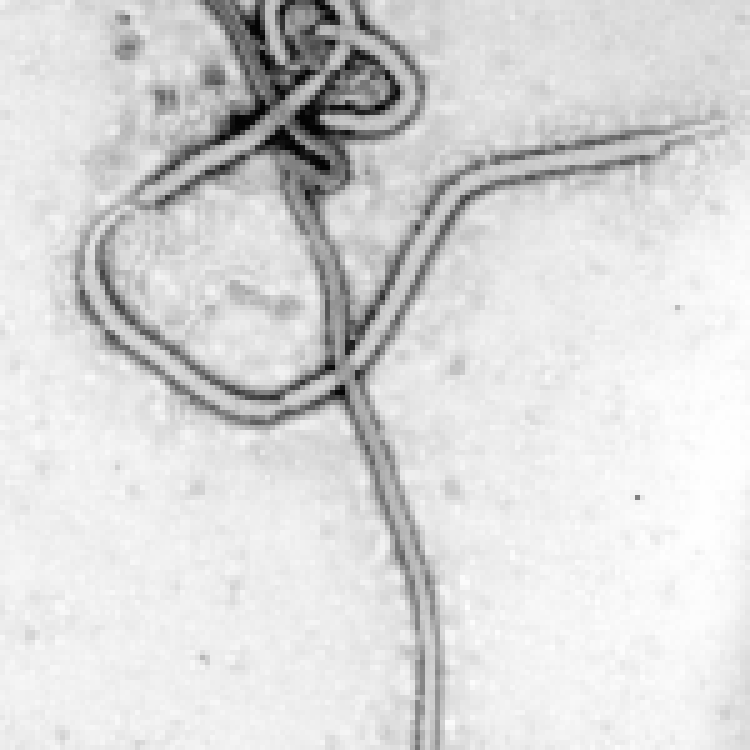<p>The UN has verified the deaths of 530 Banunu civilians who were slain by Batende villagers in the Democratic Republic of Congo in December, in an attack that was carried out over three days in four villages in the west of the country, stating that it may amount to crimes against humanity.</p>
<p>The initial UN report states that several villagers were beheaded and many were killed as they attempted to flee across a river. The death toll is likely to be higher than indicated, however, as investigators only reached three out of four villages attacked and bodies were believed to have been thrown into the Congo river. </p>
<p>The report also indicates that more than 19,000 people were displaced from their homes and almost a thousand buildings, including schools, hospitals, and churches were destroyed or looted. The UN said it suspects that this violence would amount to crimes against humanity.</p>
<p>Congolese officials could not be reached for comment.</p>
<p>The attacks were believed to be triggered by the burial of a Banunu chief and came two weeks before a national election. There are speculations that this attack may have been politically motivated as the Batende leaders supported Congo’s ruling coalition whereas the Banunu leadership support the opposition. An electoral building was burned down, however, investigators have not established a clear link.</p>
<p>Initial findings show that the attack was conducted with clear coordination and speed to inflict as much damage as possible. Police were noted to have left before these attacks despite clear indications of rising tension. Ravina Shamdasani, a UN human rights spokesperson, told reporters that some police officials took part in the attack in a personal capacity but there was no evidence that the police as a whole was complicit with the attack.</p>
<p>Shamdasani warns that conflict could rise again as there are areas where the Banunu and Batende communities live together.</p>
<p>Read more from Reuters <u><a href="https://uk.reuters.com/article/uk-congo-violence-un/more-than-500-banun…">here</a></u>.</p>
<p> </p>
We need your support
Sri Lanka is one of the most dangerous places in the world to be a journalist. Tamil journalists are particularly at threat, with at least 41 media workers known to have been killed by the Sri Lankan state or its paramilitaries during and after the armed conflict.
Despite the risks, our team on the ground remain committed to providing detailed and accurate reporting of developments in the Tamil homeland, across the island and around the world, as well as providing expert analysis and insight from the Tamil point of view
We need your support in keeping our journalism going. Support our work today.


